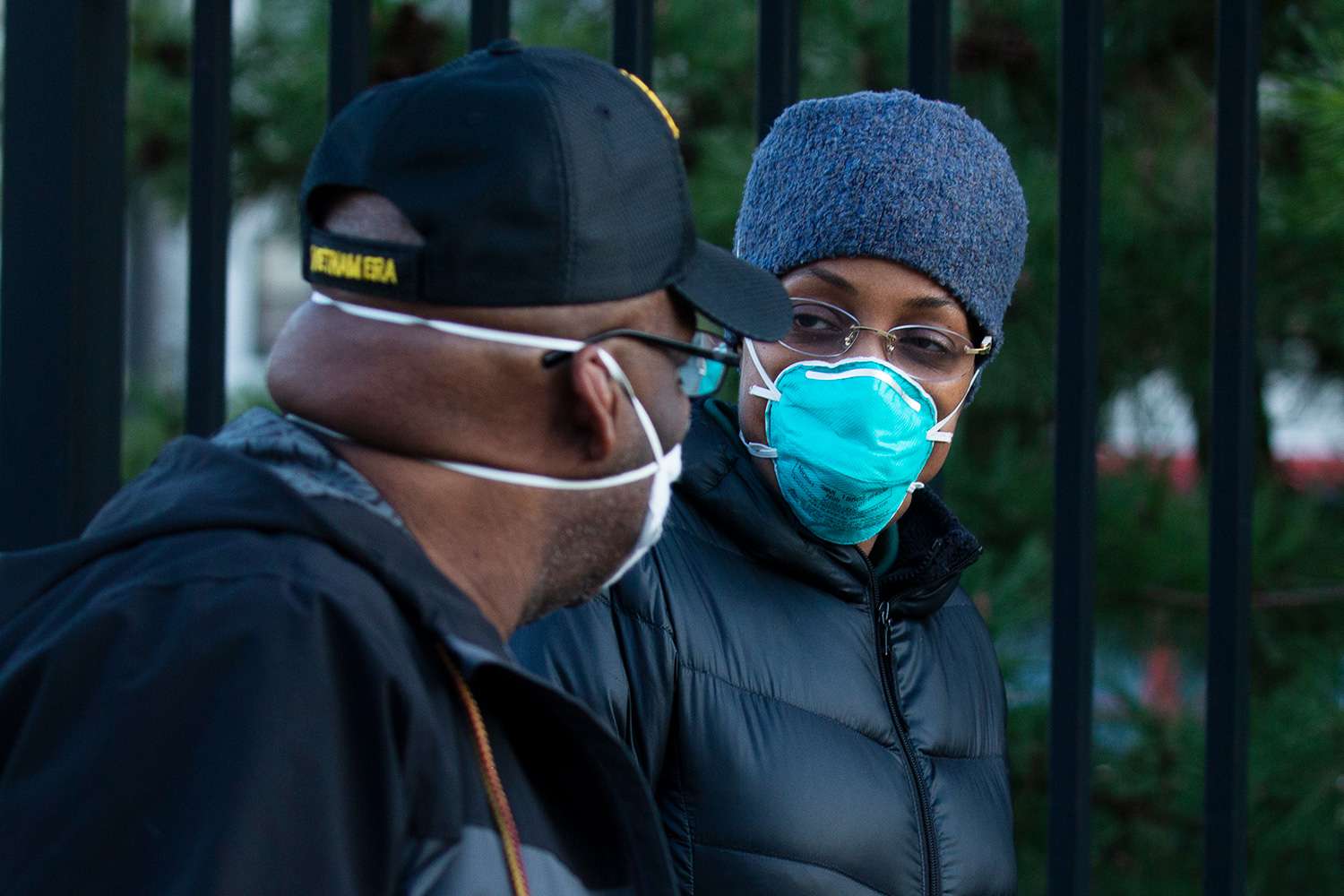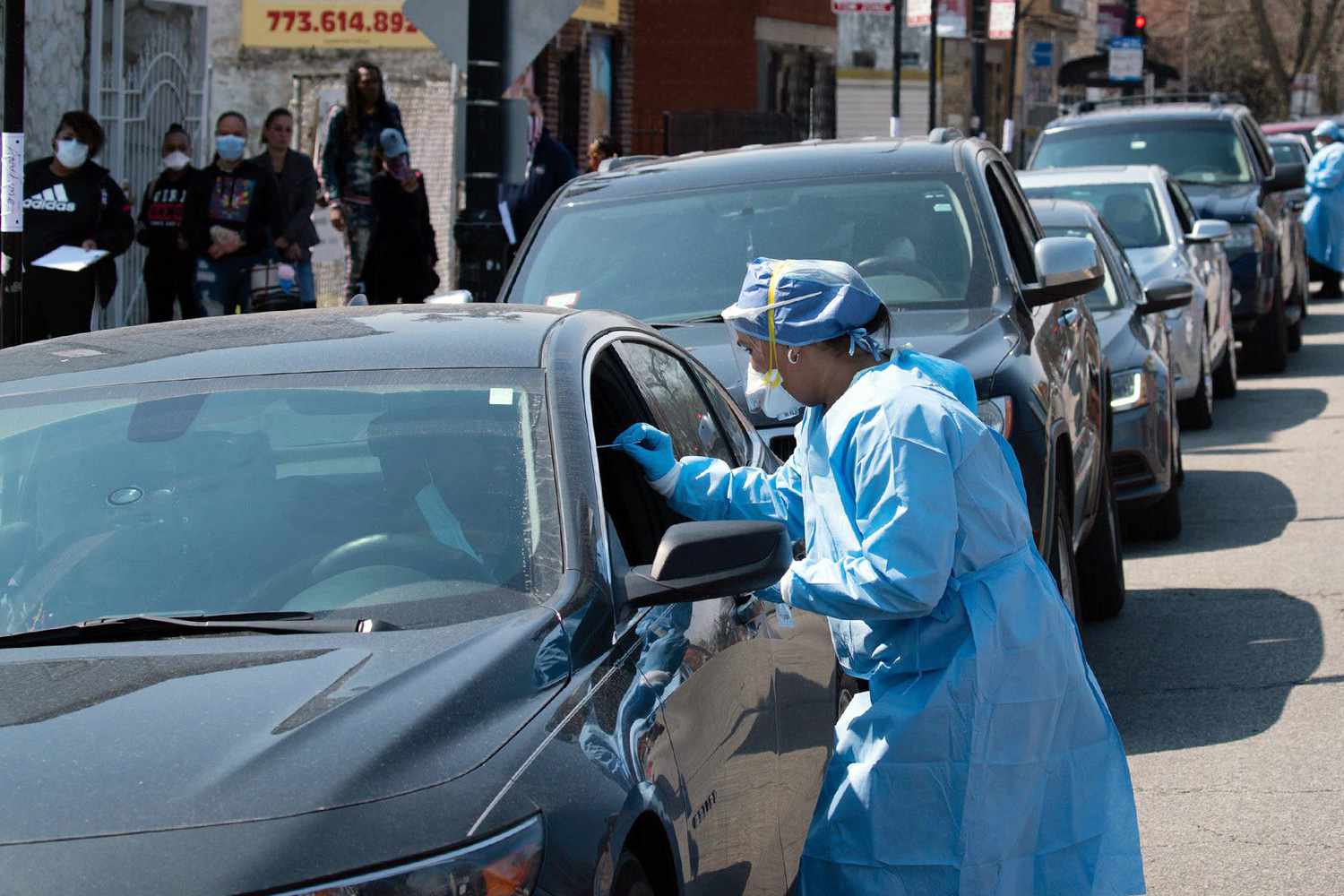

While the emerging data shows an alarming disparity, it is not yet being collected on a large scale, prompting activists and some members of Congress to urge federal and local governments to collect data on race and ethnicity to better understand the implications of the pandemic on certain communities.
On March 27, a group of Senators — including former Democratic presidential candidates Elizabeth Warren, Kamala Harris and Cory Booker — demanded that Health and Human Services Secretary Alex Azar “monitor and address racial disparities in our nation’s response” to COVID-19.
“Despite the clear vulnerability of people of color in this public health emergency, comprehensive demographic data on the racial and ethnic characteristics of people who are tested or treated for COVID-19 does not exist,” they wrote. “Health care providers have begun to express their concerns that Black and Hispanic people are less likely to have access to testing, which is crucial to tracking and containing the virus within a community. They are also concerned that the CDC’s subjective criteria for which patients should receive a test could result in health care providers directing tests toward more affluent patients.”
“This lack of information will exacerbate existing health disparities and result in the loss of lives in vulnerable communities. It will also hamper the efforts of public health officials to track and contain the novel coronavirus in the areas that are at the highest risk of continued spread,” the letter added.
The letter was also signed by Congresswomen Ayanna Pressley and Robin L. Kelly.
The Senators say that with a more comprehensive look at the virus’ impact on racial communities, policymakers will be better equipped to address the disparities and inequities in healthcare access, and better protect those most vulnerable against the virus.
As information about the coronavirus pandemic rapidly changes, PEOPLE is committed to providing the most recent data in our coverage. Some of the information in this story may have changed after publication. For the latest on COVID-19, readers are encouraged to use online resources from CDC, WHO, and local public health departments. To help provide doctors and nurses on the front lines with life-saving medical resources, donate to Direct Relief here.
Source: Read Full Article
